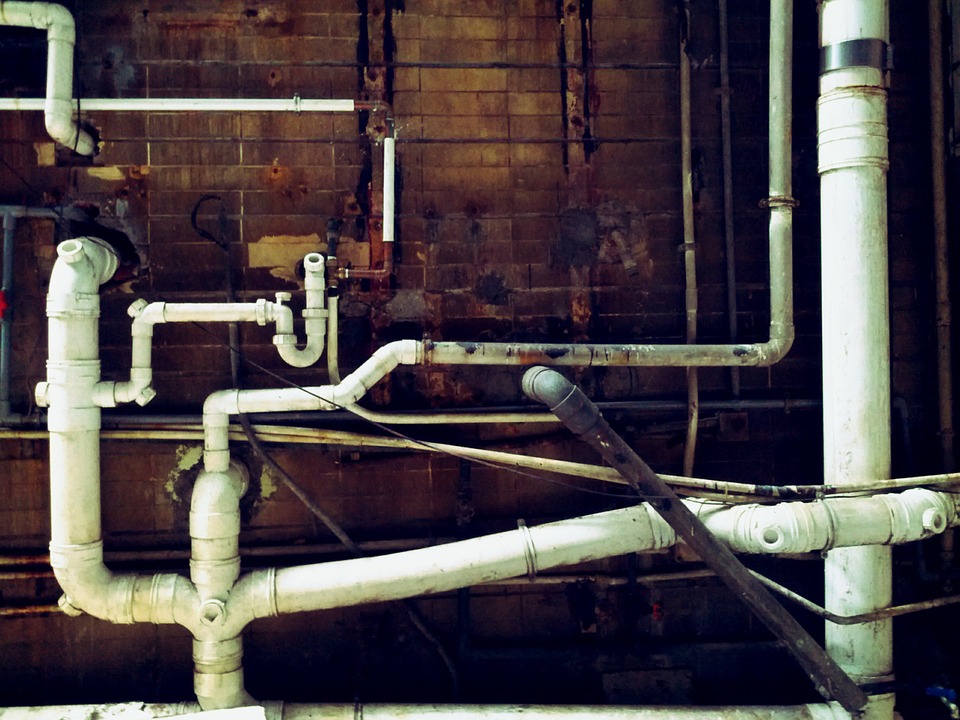CIPP is a fairly new and very exciting option for pipe repair and replacement. It makes little mess and doesn’t interrupt regular business functions. However, any work on the lines leading to or from a business requires an investment. For this reason, you want to ensure your initial payout will be worth the cost in the long run. Knowing how to maintain your cured in place pipes is important to their longevity.
The CIPP Advantage
The truth is, CIPP pipes and lines are usually sturdier than the materials they replace. These hardy lines can last for decades without needing repair. Unlike metal pipes, they are extremely resistant to corrosion. They stand up to pressure just as well if not better than cement or plastic materials. Your CIPP technician’s installation process also reduces the need for maintenance.
Before installation begins, a thorough video inspection is completed. This informs your technician of any obstruction or root intrusion. Your pipes must be well-scrubbed and free of debris before CIPP pipes are installed. Once your technician is certain the line is a good fit for CIPP, the cleaning begins. A high-pressure hose blasts away years of filth and build up, and leaves even sewer lines nearly as clean as the day they were first installed. Thin films of grease are often left, especially in sewer or oil lines, but this doesn’t hinder the CIPP process. Nor does it shorten the replacement pipe’s lifespan.
Assessment and Care
Although CIPP lines need little to no maintenance, a periodic assessment can catch potential problems early, before they become major concerns. After all, it’s better to find the gap or crack in a line before symptoms appear above ground. This negates potential cleanup costs that would drain your budget on top of the price of repairs. To prevent unnecessary repair costs, inspect your pipes at least every two years.
Because CIPP lines have no special needs, caring for your pipes is fairly easy. Regular pipe maintenance practices, however, can extend the life of your lines and reduce potential replacement costs. Pipe care starts inside your facility. Pay close attention to what materials go down your drains. Even though CIPP pipes are sturdy, clogs develop over time, especially if your employees neglect to follow basic maintenance habits. For example, if you do not use a disposal you should avoid sending food waste down drains. Using drain nets or caps in break rooms helps prevents poor employee habits from compromising your plumbing system. Place waste bins for sanitary products in bathroom stalls, too. Many times, the kinds of blockages described above must be treated with harsh chemicals that erode not only the blockage, but the pipes themselves. The less you use such products, the better.
Many businesses choose CIPP pipes because of their simple, clean installation, but the benefits don’t end after the technician’s truck leaves. Maintaining your CIPP pipes is easy. Because the process begins with a thorough cleaning, your new, sturdier pipes stand up to much more wear and tear than pipes made from traditional materials. By monitoring what goes down your drains and subjecting your pipelines to regular exams, you stay ahead of erosion, cracks, and other potential problems. Simple habits lead to major savings, and nothing keeps maintenance habits simpler than CIPP pipes.
